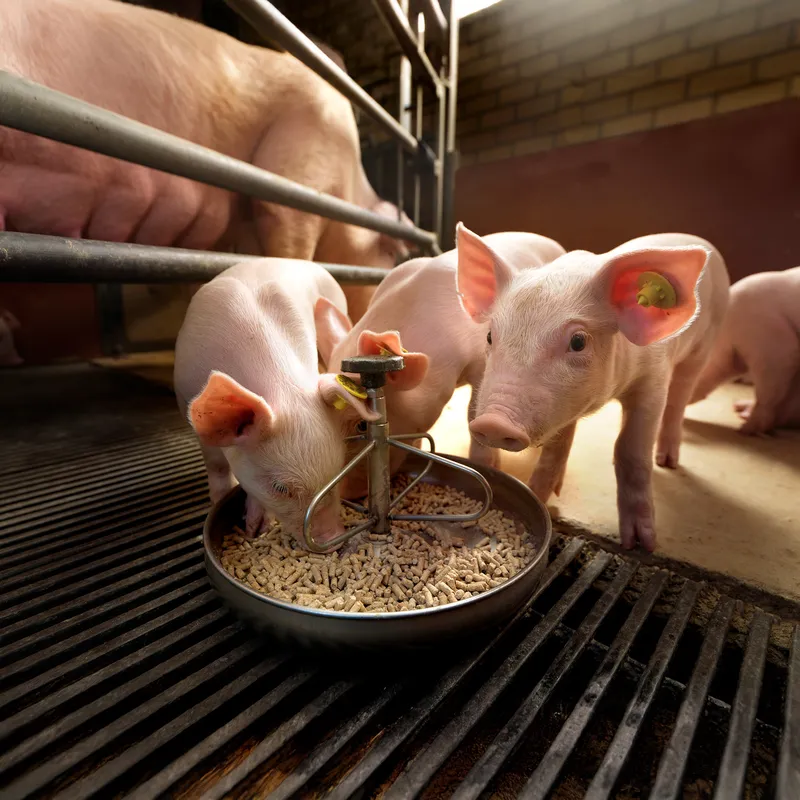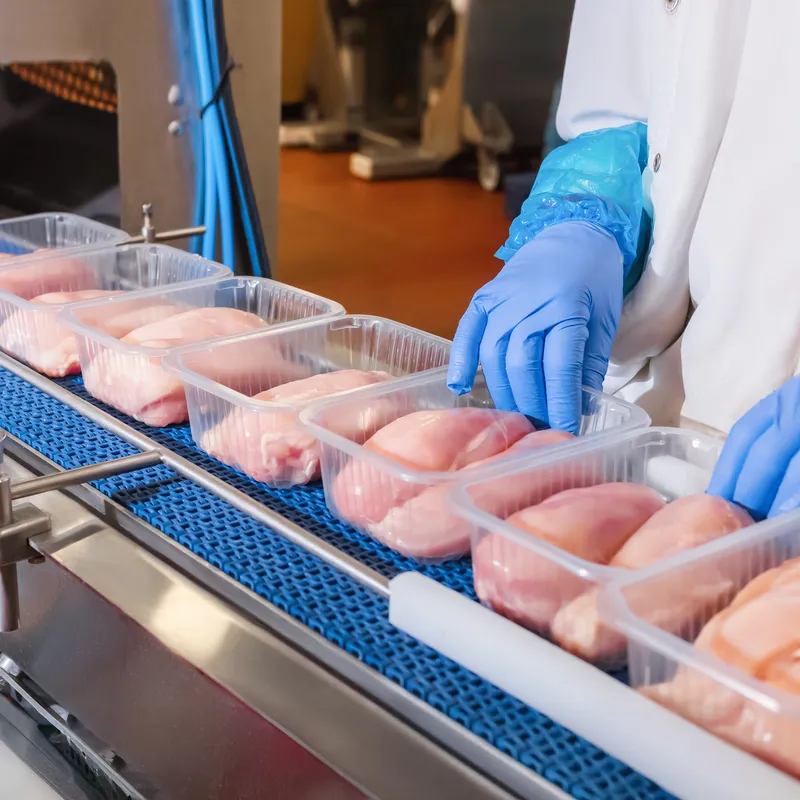
Mineral Nutrition
Ensuring balanced nutrition for optimal health and performance
Mineral Nutrition potential
up to 1:10
ROI
up to 20%
Reduce drip loss
100%
bioavailable
Three reasons why

Highly bioavailable trace minerals for optimal performance and health

Dust-free trace mineral sources to ensure workers’ safety

Trace minerals that improve performance and the quality of animal products
Orffa mineral nutrition solutions
that will surprise you
